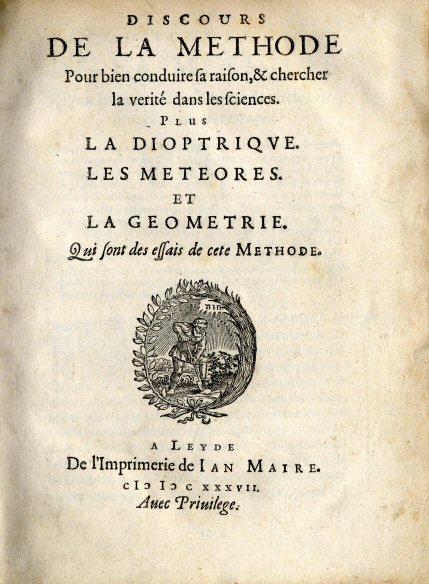George Lucas destroyed modernity?
Well, no, not really, but Michael Lind (via Andrew) seems to think so:
If there was a moment when the culture of enlightened modernity in the United States gave way to the sickly culture of romantic primitivism, it was when the movie “Star Wars” premiered in 1977. A child of the 1960s, I had grown up with the optimistic vision symbolized by “Star Trek,” according to which planets, as they developed technologically and politically, graduated to membership in the United Federation of Planets, a sort of galactic League of Nations or UN. When I first watched “Star Wars,” I was deeply shocked. The representatives of the advanced, scientific, galaxy-spanning organization were now the bad guys, and the heroes were positively medieval — hereditary princes and princesses, wizards and ape-men. Aristocracy and tribalism were superior to bureaucracy. Technology was bad. Magic was good.
These space epics reflect a very medieval and early modern theme: the supplanting of local tradition and self-governing fiefdoms for large bureaucratic state apparatuses.
There are real trade-offs to be had in either direction, so while I prefer less bureaucracy and more local tradition, I am no romantic about it. Daniel Larison continues on this vein:
There are very real trade-offs in opting for political and economic decentralization, just as there are significant costs in opting for centralization. Under a decentralized arrangement, efficiency and utility are going to be sacrificed for the sake of other goods (e.g., preserving local traditions and communities, sustainability, social solidarity, cultural identity, greater political autonomy, etc.) that Lind either ignores or simply declares backwards. Lind prefers one tendency that leads towards empire, concentrations of power and wealth, and technocratic government, and he is dismayed that anyone would object to the costs that these things impose. He would prefer instead that we pretend that those costs don’t exist, and he wants us to accept that resistance to the advance of Progress is futile. It is telling that his concluding proposal sounds a great deal like Aldous Huxley’s Brave New World.
Read the whole article here
"In essence, the conservative person is simply one who finds the permanent things more pleasing than Chaos and Old Night. (Yet conservatives know, with Burke, that healthy 'change is the means of our preservation.')" -Russell Kirk
Thursday, January 20, 2011
Tuesday, January 04, 2011
Arturo Vasquez on the Nature of Philosophy
or, "What is Philosophy, and who gets to say?"

Arturo asks a quintessential question, as he offers a critique of "Charles de Konnink's
On the Principle of the Common Good: Against the Personalists and the Principle of the New Order" (The Aquinas Review, 1997). Read the article here.

Arturo asks a quintessential question, as he offers a critique of "Charles de Konnink's
On the Principle of the Common Good: Against the Personalists and the Principle of the New Order" (The Aquinas Review, 1997). Read the article here.
Subscribe to:
Posts (Atom)